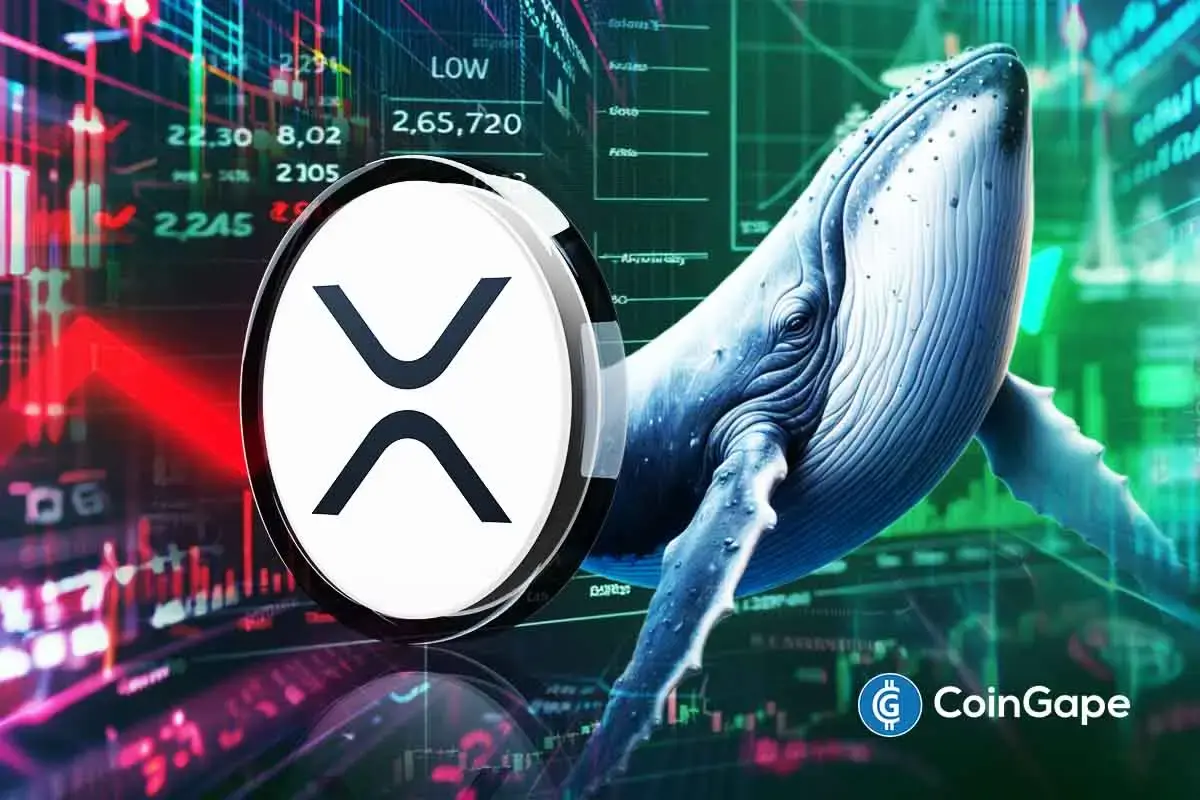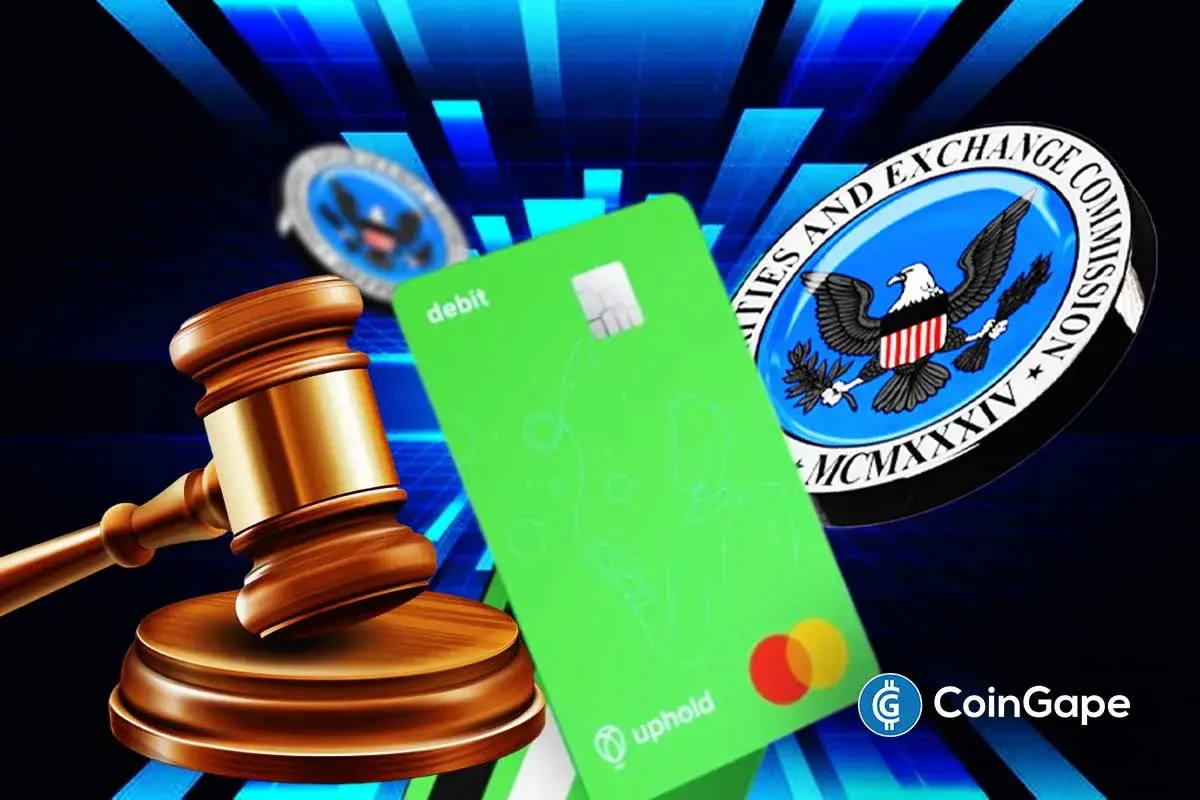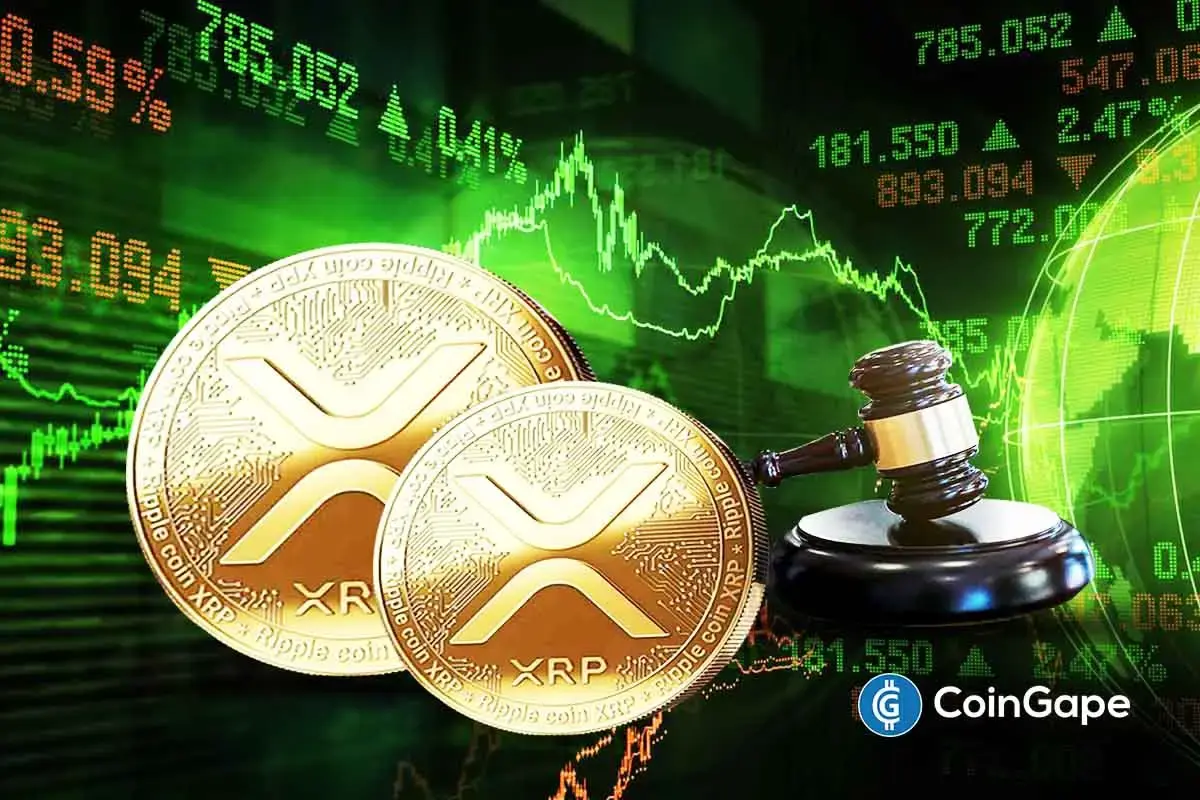XRP Lawsuit: Ripple files motion to compel preclearance XRP trading data by SEC employees

The latest development in the XRP Lawsuit saw Ripple File a Motion to Compel the SEC for documents’ discovery, showing whether SEC employees were permitted to trade in crypto, including XRP and other digital assets.
#XRPCommunity #SECGov v. #Ripple #XRP Ripple defendants file Motion to Compel the SEC to produce documents showing whether SEC employees were permitted to trade XRP and other digital assets. https://t.co/WPLmYwk1SL
— James K. Filan 🇺🇸🇮🇪 (@FilanLaw) August 27, 2021
The court has marked 3rd September 2021 as the deadline for the plaintiff to respond to the defendants’ latest motion to compel the preclearance of XRP trading information. The deadline announcement by the court was made through a docket order.
SEC trading policy data production
The defendants have given two options to the plaintiff to produce digital assets’ trading data. The SEC can either provide anonymous documents or with redactions, to protect personal identity; alternatively, the data can be produced in an aggregate form. In both cases, Ripple seeks to highlight trading preclearance decisions about XRP, Bitcoin, and Ether. Furthermore, Ripple has also asked for certifications of SEC employees’ XRP holdings.
The defense has revealed that they met and conferred with the SEC concerning the same issue on four following dates: July 8, July 15, August 18, and August 25. Ripple shared that they haven’t had any process yet.
However, Ripple stated that “the SEC has requested Defendants’ consent to five business days to respond to this letter-motion from date of filing. Defendant’s consent, subject to the Court’s approval of that schedule.”
SEC lacked Digital Assets’ regulation till 2018
Ripple stated that the court-ordered in June 2021, granting the defendants’ motion to compel the SEC to produce its trading policies regarding the digital assets. Following the court’s order, SEC submitted January 16, 2018, policy, titled “Ethics Guidance Regarding Digital Assets,” that took effect on January 19, 2018.
Ripple highlighted that the policy clarifies that till the year 2018, the SEC had not implemented any policy restricting its employees from buying or selling digital assets. This is further proof of the SEC did not consider digital assets as securities because, till recently its employees were permitted to trade.
This further strengthens Ripple’s ‘fair notice’ argument. Ripple argued that the SEC’s uncertainty about whether XRP trading transactions were securities, provides evidence that the market participants lacked the “requisite fair notice” that XRP later would acquire security status. Additionally, this also discredits SEC’s “reckless sales” allegations on individual defendants, upon their failure to ascertain by 2013, that offers and sales of XRP were in fact securities.
- XRP Realized Losses Spike to Highest Level Since 2022, Will Price Rally Again?
- Crypto Market Rises as U.S. and Iran Reach Key Agreement On Nuclear Talks
- Trump Tariffs: U.S. Raises Global Tariff Rate To 15% Following Supreme Court Ruling
- Bitwise CIO Names BTC, ETH, SOL, and LINK as ‘Mount Rushmore’ of Crypto Amid Market Weakness
- Prediction Market News: Kalshi Faces New Lawsuit Amid State Regulatory Crackdown
- Dogecoin Price Prediction Feb 2026: Will DOGE Break $0.20 This month?
- XRP Price Prediction As SBI Introduces Tokenized Bonds With Crypto Rewards
- Ethereum Price Rises After SCOTUS Ruling: Here’s Why a Drop to $1,500 is Possible
- Will Pi Network Price See a Surge After the Mainnet Launch Anniversary?
- Bitcoin and XRP Price Prediction As White House Sets March 1st Deadline to Advance Clarity Act
- Top 3 Price Predictions Feb 2026 for Solana, Bitcoin, Pi Network as Odds of Trump Attacking Iran Rise


















